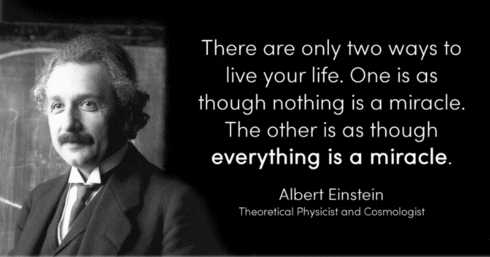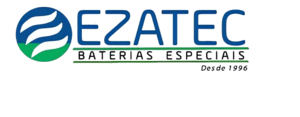No Blog Eletrônica de Potência você encontrará informações sobre teses,artigos,seminarios,congressos,tecnologias,cursos,sobre eletrônica potência. “TEMOS O DESTINO QUE MERECEMOS. O NOSSO DESTINO ESTA DE ACORDO COM OS NOSSOS MERITOS” ALBERT EINSTEIN. Imagination is more important than knowledge, for knowledge is limited while imagination embraces the entire world. EL FUTURO SE CONSTRUYE HOY,EL SUCESSO NO ES FRUTO DE LA CASUALIDAD,SE HUMILDE ,APRENDE SIEMPRE CADA DIA.
AUTOR DO BLOG ENG.ARMANDO CAVERO MIRANDA SÃO PAULO BRASIL

.gif)
“GRAÇAS A DEUS PELA VIDA,PELA MINHA FAMÍLIA,PELO TRABALHO.PELO PÃO DE CADA DIA,POR NOS PROTEGER DO MAL”
“SE SEUS PROJETOS FOREM PARA UM ANO,SEMEIE O GRÂO.SE FOREM PARA DEZ ANOS,PLANTE UMA ÁRVORE.SE FOREM PARA CEM ANOS,EDUQUE O POVO”


https://picasion.com/


domingo, 16 de dezembro de 2012
New Perspectives of Energy Storage Materials
Dra. Shirley Meng received her Ph.D. in Advance Materials for Micro & Nano Systems from the Singapore-MIT Alliance in 2005, after which she worked as a postdoc research fellow and became a research scientist in Massachusetts Institute of Technology before joining University of Florida, Department of Materials Science & Engineering as a junior faculty member. She is currently a faculty member in the Department of NanoEngineering, University of California San Diego (UCSD). Meng’s research focuses on the direct integration of experimental techniques with first principles computation modeling for developing new materials for electrochemical energy storage and conversion. She won the Materials Research Society Graduate Student Award in 2003 for her pioneering work on designing new high energy electrode materials for lithium ion batteries from first principles. She recently received the National Science Foundation (NSF) CAREER award and her research group - Laboratory for Energy Storage and Conversion (LESC) focuses on functional nano-structured materials for energy storage and conversion. Recent programs include the design, synthesis, processing, and in situ characterization of mixed transition metal oxides as high energy density electrode materials in advanced lithium ion batteries; new intercalation materials for sodium ion batteries and advanced soluble lead flow batteries for grids large scale storage.
Progress towards Third Generation Solar Energy Conversion: Can Quantum Dot Solar Cells exceed the Shockley-Queisser Limit?
Matthew C. Beard is a physical chemist (PhD - Yale University) whose interest spans a large range of important physical chemistry problems relating to photoconversion. This includes charge transport in nanoparticle arrays and organic semiconductors, charge and energy transfer, and size-dependent phenomena in quantum sized-materials. He is currently investigating carrier generation and charge transport in assemblies of semiconductor nanocrystals. Dr. Beard received his Ph.D from Yale University in 2002 where he pioneered time-resolved THz spectroscopy for studying charge carrier generation in a variety of nanoscale systems. He joined NREL in 2004 in the chemical and materials science center working with Arthur J. Nozik. The Center for Advanced Solar Photophysics (CASP) is an energy research frontier center funded by the Basic Energy Sciences division of the Department of Energy and is jointly led by NREL and LANL. CASP’s mission is to explore and exploit the unique advantages of nanostructured materials and solution-based fabrication methods to enable the low-cost, high-efficiency solar cells of tomorrow.
sexta-feira, 14 de dezembro de 2012
quarta-feira, 12 de dezembro de 2012
Assinar:
Comentários (Atom)
